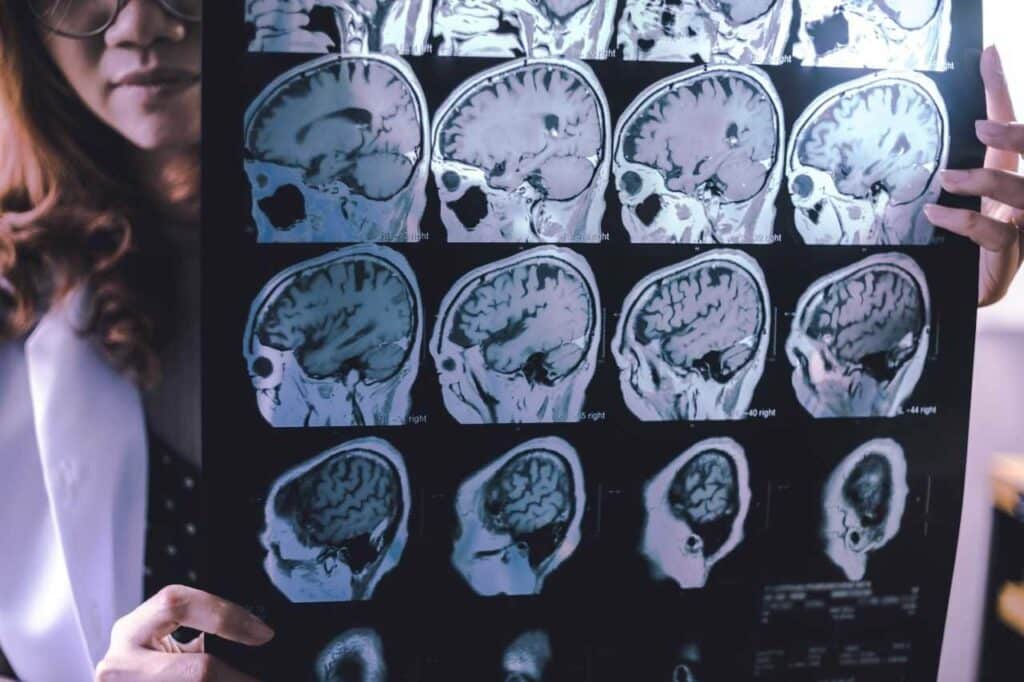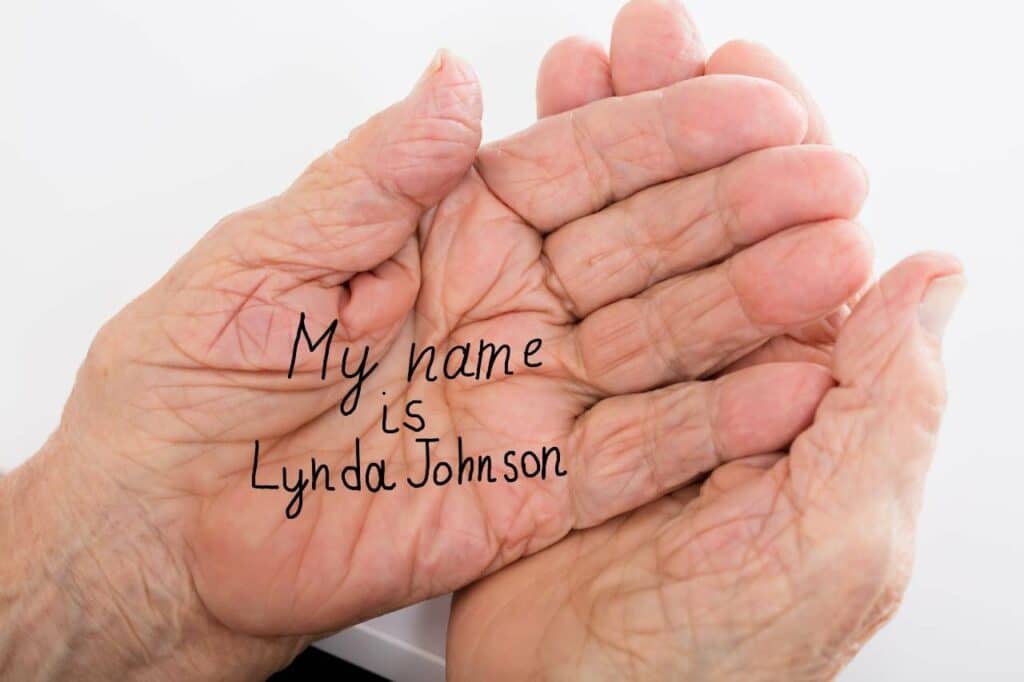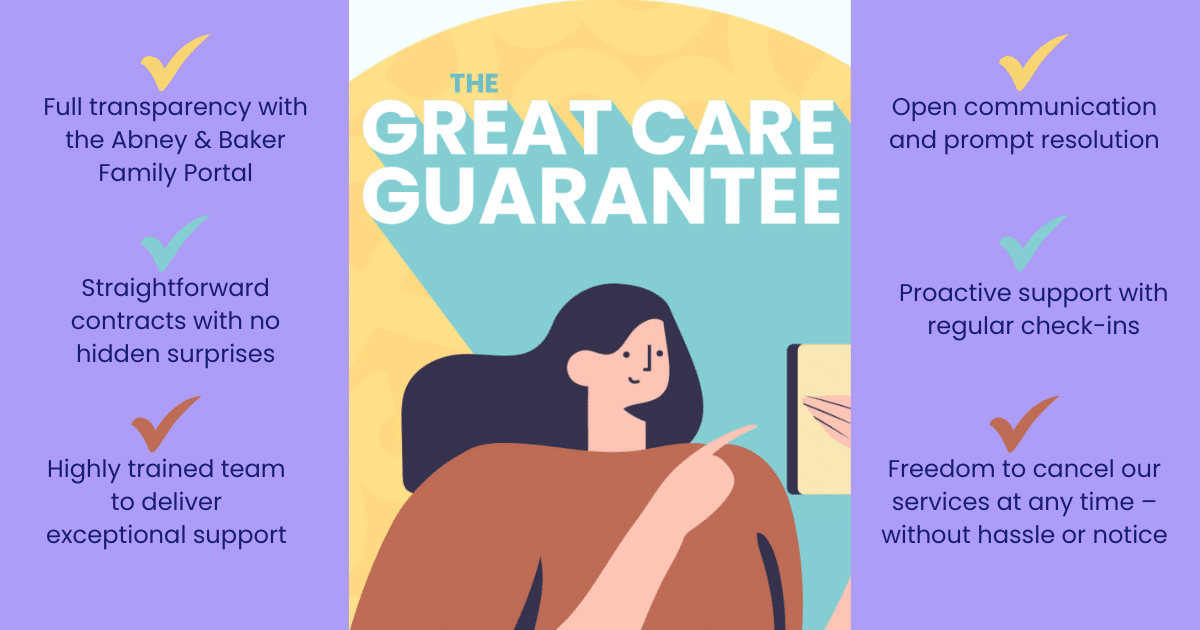One of the most common types of dementia is Frontotemporal dementia. This group of disorders occurs because nerve cells in the frontal and temporal lobes of the brain are lost. This leads to shrinkage of the lobes. Frontotemporal Dementia (FTD) can cause changes in behaviour, personality, language, and movement.
FTD is also the most common dementia that occurs at a young age. Most people affected by it will start to have symptoms between the ages of 40 and 65. However, it can also occur in younger adults and people who are older than the age of 65.

Some of the most common types of FTD:
- Frontal Variant:
This particular type affects the behaviour and personality of the affected individual. - Primary Progressive Aphasia:
Difficulty in communication is called Aphasia. This type can be further divided into subtypes:
- Progressive non-fluent aphasia:
- Affects speaking ability
- Semantic dementia:
- Affects the understanding and use of language
There are also other less common types that can affect an individual’s movements, similar to Parkinson’s Disease or Amyotrophic Lateral Sclerosis.

What Causes Frontotemporal Dementia?
What Are The Risks For Frontotemporal Dementia?
What Are The Symptoms Of Frontotemporal Dementia?

Since FTD is a neurodegenerative disease it initially progresses very slowly but in some cases, it can progress rapidly. The symptoms of dementia can vary from person to person, and depend upon the area of the brain that is affected.
Some of the most common symptoms are changes in behaviour and personality. You might notice that your loved one has started to behave erratically and look more and more disoriented.They might become socially inappropriate, impulsive, and delusional.
Other symptoms include decreased capacity to judge situations. Lack of apathy decreased self-awareness and loss of interest in normal daily life. They can also exhibit emotional withdrawal and become less energetic.
They can also lose their ability to understand or use language and become hesitant to speak or express themselves. They might struggle with staying attentive and find it difficult to plan and organise their daily routine.
It is also possible that they might have physical symptoms such as:
- Tremors
- Muscle spasms
- Weakness, stiffness
- Poor coordination
- Difficultly with balance
- Hallucinations or delusions can be part of psychiatric symptoms
- Most important and common are behavioural and language changes.
How Is Frontotemporal Dementia Diagnosed?
If you happen to notice changes in the behaviour or language skills of a loved one you must take them to their doctor.

Their GP will initially have a discussion with you about their symptoms and how they are affecting your loved one. Then the GP will go through their medical record, they can also check the medical history of family members. Another important consideration is any prescription medications taken by your loved one.
Since there is no single test to diagnose FTD, your healthcare provider will do several blood tests and physical exams to rule out other conditions that cause similar symptoms. If they suspect any forms of dementia, they will then do several neuropsychological exams.
In these tests and exams, they will check the reflexes, muscle strength, muscle tone, sense of touch and sight, coordination, and balance of your elderly loved one.
They will also assess the cognitive ability of your loved one. Lastly, they will do MRI and CT scans of your loved one’s brain to give an accurate diagnosis.
How Is Frontotemporal Dementia Treated?

Frontotemporal dementia has no treatment as of now and unfortunately there are no treatments to slow its progression. However, healthcare providers prescribe medication to treat its symptoms.
Your loved one diagnosed with FTD may be prescribed antidepressants to help treat anxiety and control obsessive-compulsive behaviours.
They may also be prescribed sleeping aids to help them deal with insomnia and sleep irregularities. Antipsychotic medicine may reduce irrational and compulsive behaviours.
Speech therapists and language pathologists can help in adjusting to changes experienced by your beloved.
What Are The Complications Of Frontotemporal Dementia?
Frontotemporal dementia is not a life-threatening condition and people diagnosed with it can go on to live for years. However, it can increase the risk of having other illnesses. The most common cause of death for FTD patients is Pneumonia. They also have an increased risk for infections and fall-related injuries.
As the disease progresses the affected individual might start to exhibit dangerous behaviours or become unable to care for themselves. They may eventually need 24-hour care and support to maintain their standard of living.
How Does Life Change After Frontotemporal Dementia?

Your loved one’s family can also feel a certain amount of guilt for not being able to do anything. Family members will try to do their best while maintaining their dignity and respect.
However, most families tend to take up the responsibility to care for their loved ones themselves.
But caring for a frontotemporal dementia patient can be exhausting. You and your family members can quickly feel burnt out. You might have to give up the responsibility of caring for your loved one and feelings of guilt can surround you.
But we need to understand that the well-being of the carer and other family members is also essential and they might require some time off from taking care of their beloved.
This is where domiciliary care services come in. Domiciliary care services or home care services are made for individuals that require care and support whilst they continue to live in the comfort of their own home.
These services provide your family with a home carer who will help with home help or respite care for your loved one.
Domiciliary Care For Your Loved One With Frontotemporal Dementia
Opting for domiciliary care services can be a life-changing decision for your loved one and the whole family. Home care services will give you and your loved ones a better quality of life while maintaining their sense of dignity, respect, and freedom.
At Abney & Baker, we provide the right care and support for your loved one diagnosed with FTD. Our professional carers are trained to provide your loved one with the right assistance and loving companionship.
We understand that your loved one is in a vulnerable condition and requires support to live on their own while you are away.
To learn more about our home care services in Melksham and surrounding areas within the UK, you can visit our website here: https://www.abneyandbaker.com/home-care-services-melksham
Helping your loved one to continue living independently and confidently in their own home.
By providing a range of support at home, we’re helping many clients across Bath & North East Somerset and West Wiltshire retain their independence and stay in control in the comfort of their own homes.
Remember we’re always here if you want to chat about your care options. Just get in touch:
Call 0333 043 4880 – Email enquiries@abneyandbaker.com – Book a call here













